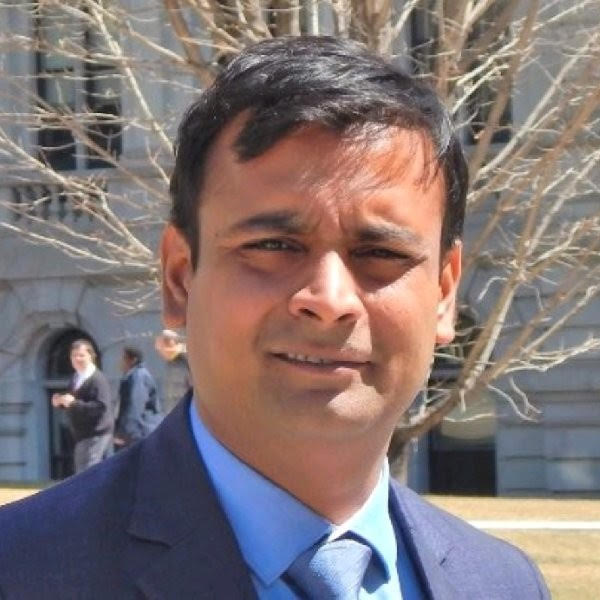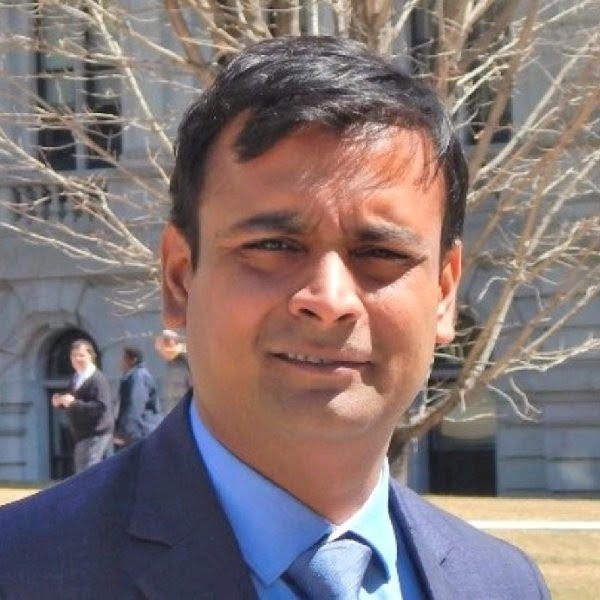This interview has been published by Namrata Singh and The SuperLawyer Team

Your journey includes an LL.M. from Harvard Law School and a B.A. LL.B. (Hons.) from NALSAR. How did your time at these prestigious institutions shape your approach to law, and do you have any memorable experiences you’d like to share from your time at Harvard?
It was a privilege to be part of the two leading law institutions both in India and the world. As a law student, I was exposed to the best professors and brightest of legal minds which helped me develop my curiosity in law. I understood very early that law as a subject is ever evolving and there are no right answers in law. It is all about thinking in pairs where you need to think both sides of an argument and not rush to conclusions.
HLS for me was an exposure to the international world as we had students from more than 50 countries in the LLM batch. I made friends from various countries and understood their culture and thought processes. HLS not only made me a better lawyer but more than that it gave me tools to understand the world and its people better.
As a member of the New York Bar, you bring an international perspective to your practice. How has being admitted to practice law in New York influenced your career, and what unique insights do you gain from practicing in both India and the U.S.?
I can confidently say that NY Bar was the toughest examination I gave in my life and for which I worked the hardest. As a lawyer trained in India, it is more difficult to crack the NY Bar since you would need to unlearn Indian laws and focus on both federal and NY state laws which at times would have conflicting positions.
Although I don’t actively practice US laws, having been exposed to securities law jurisprudence of the US- it helps tremendously in my practice in India. Most of Indian securities laws have been made on the similar lines as US laws and while Indian laws are still at a developing stage- US laws have an established history and jurisprudence. I often refer to US laws to draw parallels while assisting securities market players in both advisory and disputes practice.
Congratulations on co-authoring the book ‘Securities Regulation – Primary Market Offerings in India.’ What inspired you to delve into this subject, and how has the book been received in the legal community?
In my first few years of practice, I was a capital markets lawyer and had worked on several IPOs. I quickly realized that most of the laws surrounding this practice have been influenced by US laws and the knowledge of US securities laws is essential to excel in the field of securities laws. This motivated me to do my LLM at Harvard and once I returned I was itching to put down on paper a comprehensive legal book on doing IPOs in India. There was no existing literature and for me it was an opportunity to understand the Indian laws contextualizing it to the prevailing US laws. The book was more of a learning experience for me to better understand the policy rationales and choices India has made to regulate the Indian securities market as compared to other developed jurisdictions.
I have heard that few law schools and MBA colleges use the book as part of curriculum and most law firms also have a copy of the book. I believe it was well received but it would now need an update and reprint for which I am trying to motivate myself.
Finsec Law Advisors has likely seen various achievements during your tenure as a Partner. Can you highlight a moment or accomplishment that you are particularly proud of, either for yourself or for the firm?
FLA is one of the very few firms in the country that is a specialist firm in the field of securities laws and financial regulatory space. We have been consistently ranked as the Top Tier in all Indian and global rankings of laws firms specializing in Indian securities laws.
The Firm over a decade has been the forerunner in thought leadership and policy development of securities laws. We are active in advisory, disputes and policy work in the financial sector laws. Over the years, we have not only advised top marquee clients like top blue chip listed companies, largest mutual funds, stock exchanges, FPIs, AIFs etc. but have been actively assisting the growth of the fintech industry with clients like Zerodha, Smallcase, Navi etc. We are proud to develop a niche practice area focussed on expert and quality services to our clients and forerunner in thought leadership and policy development.
You’ve been actively involved in academia, giving guest lectures and teaching a credit course on Securities Regulation at NALSAR University of Law. How does your involvement in academia complement your legal practice, and what insights do you gain from interacting with students?
We as a firm work on a very focussed area of practice and therefore for us it is not only important that talents joining the firm not only have proven academic excellence but also have a keen interest in securities laws. For us law school courses and other academic endeavours help us develop students’ curiosity in the subject and also assist us to go back to basics to explain laws in first principles. Our practice requires specialized skill sets and continuous learning, teaching stints and guest lectures also lead you to re-read the laws and overall help me in my professional growth.
With over 17 years of experience, you’ve seen the legal landscape evolve. What changes in the legal industry do you find most intriguing or challenging today?
I think there are two major shifts in the legal industry space- one is technology and the other is specialized skill sets. With the development of technology, starting a legal practice is just one degree and a computer away. Technology has ensured the barriers between clients and experts have been diminished and all services can be provided without requiring any physical meeting or sharing of documents. Now, with AI etc the legal industry would evolve further where the first level of research or first draft of an opinion or suit can be drafted by AI. The human skills would be to review and verify the technology output.
Since technology would replace general research and drafting skills, top money would be paid by clients only for specialist lawyers. This shows the shift in trends in the legal industry wherein specialist law firms having the technical expertise and experience in narrow practice focus would only survive in the next decade or two.
Your expertise extends to regulatory proceedings, including cases of insider trading and securities fraud. Can you share an interesting aspect of this work that people might not be aware of?
As a securities lawyer, we need to not only understand the regulatory framework but also understand workings of the securities market like trading, settlement, F&O and roles of intermediaries involved such as brokers, clearing members, stock exchanges, custodians etc. It is essential that we understand the securities market eco-system as we regularly need to analyse trading patterns, fund flows etc towards advising our clients. For effective advice, both legal and factual matrix need to be analysed carefully towards providing optimum solutions for the client.
Also, we assist our clients in development of new products especially in fintech space and policy development wherein we assist in creating a regulatory framework for new services, platforms in the financial industry. We often work on complex technical issues in the space of payment systems, exchange control and other SEBI and RBI regulations that require us to be up to speed with the latest developments both in the field of law and technology.
Another interesting part of my practice is that I not only get to advise clients on various financial regulations but also I regularly appear before SEBI and SAT to argue matters. Working on policy, compliance and regulatory proceedings/dispute at the same time gives us an edge on the regulator’s mind. We understand why the laws are framed, how the laws should be implemented and lastly, how it is enforced which help us to defend/advise our clients better.
Thinking about the future generation of lawyers, what advice or insight would you offer to those aspiring to follow in your footsteps and make an impact in the legal field?
I think young lawyers should follow their heart and choose a field that interests them the most. Only if you enjoy your work can you excel. Young lawyers should avoid being a generalist and look for specialization. Being an expert in one field of law would help them be less reliant on jobs in big law firms and help them set up their independent practice or law firm in the future. Law is a profession and should be treated as a career which spans 30-40 years and one should not look out for short term goals and treat it as a job without any long term goals. Lastly, I would advise young lawyers to be more patient and showcase more perseverance in their chosen field- in law nothing is more rewarding than experience and dedication which leads to self confidence of the lawyer which translates confidence of clients to the lawyer.
Get in touch with Anil Choudhary-
























